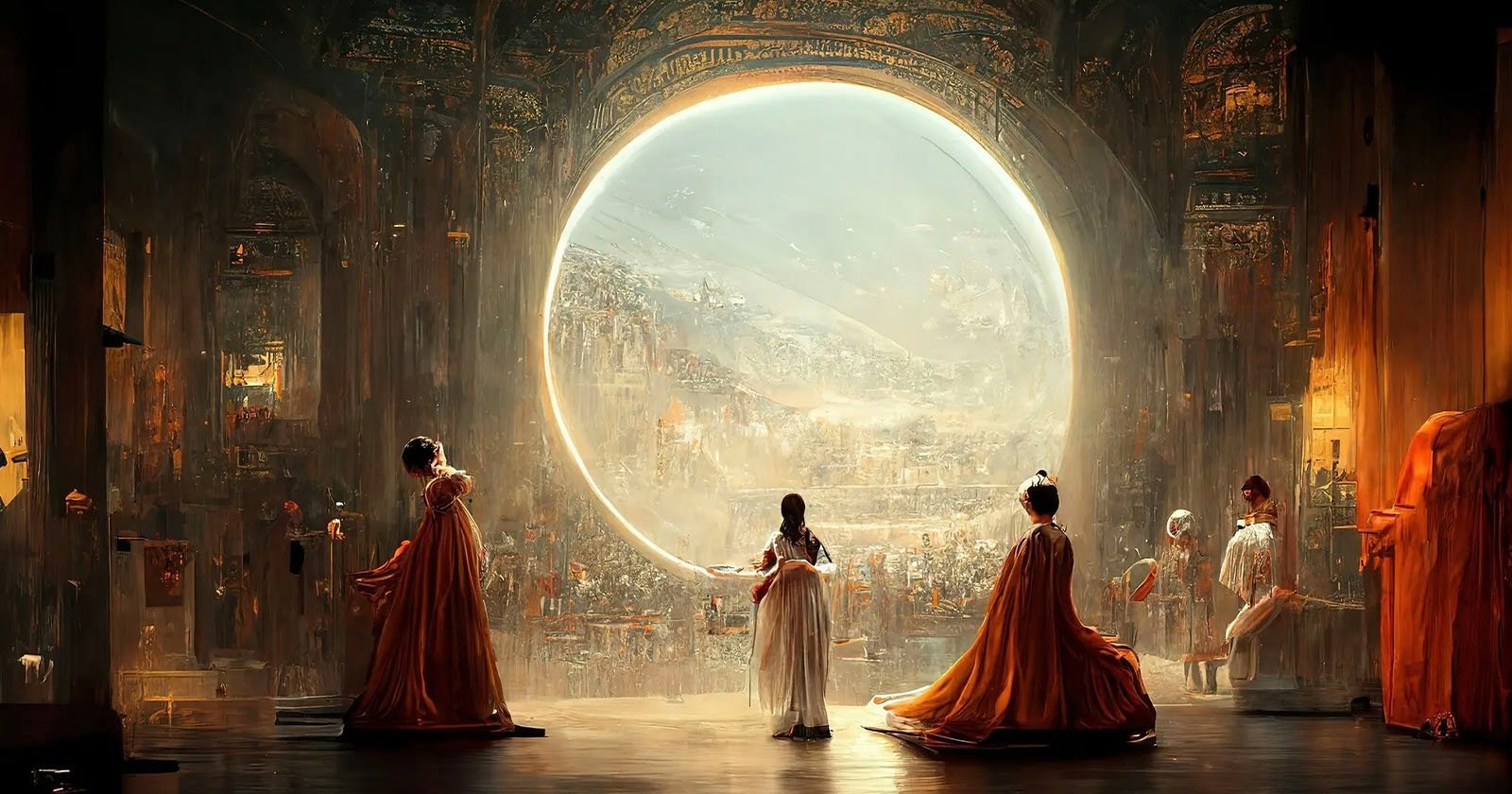An artist who infamously duped an art contest with an AI image is suing the U.S. Copyright Office over its refusal to register the image’s copyright.
In the lawsuit, Jason M. Allen asks a Colorado federal court to reverse the Copyright Office’s decision on his artwork Theatre D’opera Spatialbecause it was an expression of his creativity.
Reuters says the Copyright Office refused to comment on the case while Allen in a statement complains that the office’s decision “put me in a terrible position, with no recourse against others who are blatantly and repeatedly stealing my work.”



I’m not Anti AI. I have fun making stuff with it.
But the copyright laws as they are don’t apply. And if they did it would open a can of worms legally.
The recipe can’t be copyrighted. The cake produced can’t be copyrighted. But the packaging or style of a cake with your brand could be trademarked which is a different legal ball of wax entirely
What is the limit to the number of words that can be copyrighted?
For sale,
baby shoes,
never worn.
Can I claim that as my own? Is six words the lowest? Four? Where is the line? What makes it art vs. instruction? If Hemmingway had said those words to his publicist and asked that they be published instead of writing them himself, would he still own them?
And therein lies the rub. When it comes to copyright every infringement case has to be adjudicated by a judge (assuming they have filed a copyright)
I can definitely recommend Leonard French’s (a copyright lawyer) channel Lawful Masses on YouTube and Twitch for a more in-depth breakdown of copyright cases. How it works, the rights that copyright holders have, etc.